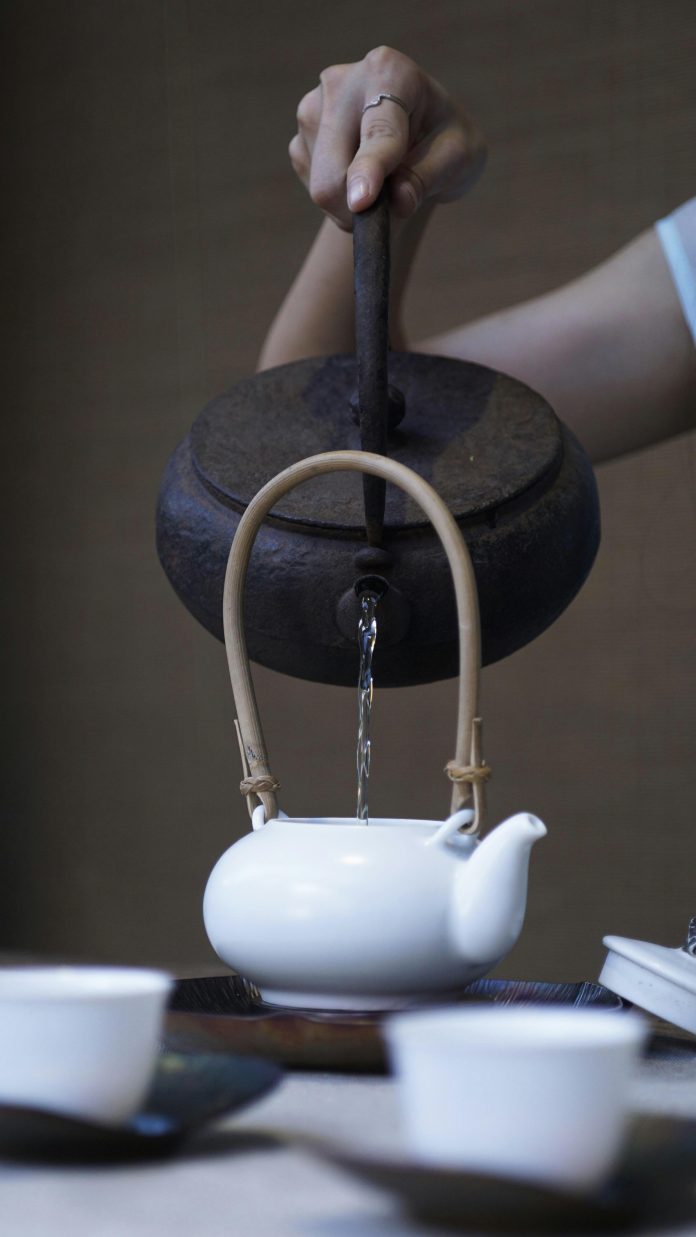In the bustling rhythm of modern life, many find themselves feeling out of sync, seeking harmony amidst the chaos. Enter Traditional Chinese Medicine (TCM), an ancient practice offering a timeless approach to rebalancing our internal energies. Rooted in thousands of years of wisdom, TCM views the body as a dynamic ecosystem, where balance is key to well-being. In this article, we explore how practices like acupuncture, herbal remedies, and Tai Chi can help realign your energy, fostering a sense of peace and vitality. Join us on a journey through the gentle art of rebalancing, where tradition meets the needs of today’s world.
Understanding the Flow: The Basics of Qi and Balance
In the realm of Traditional Chinese Medicine (TCM), the concept of Qi (pronounced “chee”) is foundational. It is considered the vital life force that flows through the body, maintaining health and vitality. When Qi is balanced and flows smoothly, harmony prevails; when it is blocked or stagnant, illness and discomfort can arise. Achieving equilibrium is key, and TCM offers various methods to restore this balance.
To nurture the flow of Qi, practitioners often employ a combination of techniques:
- Acupuncture: Involves the insertion of fine needles at specific points to unblock and redirect energy pathways.
- Herbal Medicine: Utilizes a diverse array of natural ingredients to support and enhance energy flow.
- Qi Gong: A practice of coordinated body movements and breathing to cultivate and balance energy.
- Tui Na: A form of therapeutic massage that manipulates Qi through targeted pressure and movement.
Each of these modalities works synergistically to maintain the delicate balance of Qi, fostering a state of well-being and vitality.
Harnessing Nature: The Role of Herbal Remedies
Traditional Chinese Medicine (TCM) has long recognized the profound impact of herbal remedies in restoring balance and harmony within the body. These natural solutions are carefully selected and combined to address specific imbalances, often manifesting as fatigue, stress, or other ailments. By tapping into the healing properties of herbs, TCM practitioners aim to rejuvenate the body’s energy, or “Qi,” fostering a state of well-being and vitality.
- Ginseng: Known for its energy-boosting properties, ginseng is often used to invigorate the Qi and combat fatigue.
- Reishi Mushroom: Revered for its calming effects, reishi helps reduce stress and supports immune function.
- Licorice Root: Used to harmonize and enhance the effects of other herbs, licorice root also soothes the digestive system.
- Ginger: A warming herb, ginger aids digestion and circulation, promoting a balanced flow of energy.
Incorporating these herbal allies into your daily routine can be a powerful way to align with nature’s rhythms and restore your internal equilibrium. Always consult with a qualified TCM practitioner to tailor remedies to your unique needs.

Acupuncture and Acupressure: Techniques to Restore Harmony
Delve into the ancient practices of acupuncture and acupressure, both revered for their ability to restore balance within the body. Acupuncture involves the insertion of thin needles into specific points, targeting pathways known as meridians. This technique is believed to unblock energy flow, promoting physical and emotional well-being. In contrast, acupressure applies physical pressure to these same points using fingers, palms, or elbows, offering a non-invasive alternative that can be practiced anywhere.
- Acupuncture: Ideal for chronic pain, stress relief, and digestive issues.
- Acupressure: Accessible and versatile, great for self-care and immediate stress reduction.
These methods are not only about healing; they are a journey towards achieving inner peace and harmony. By focusing on specific points, you can influence the flow of Qi, the life force energy, which is central to Traditional Chinese Medicine.

Daily Practices: Integrating TCM into Modern Life
Integrating Traditional Chinese Medicine into daily life can harmonize your energy and foster overall well-being. Start by embracing mindful breathing exercises; these simple practices help center your mind and regulate Qi flow. Every morning, take a few minutes to focus on your breath, allowing each inhale and exhale to guide you into a state of calm awareness.
Consider incorporating the following into your routine:
- Herbal Teas: Sipping on herbal infusions like chrysanthemum or ginger tea can support digestion and boost immunity.
- Acupressure: Apply gentle pressure to points such as the Tai Chong (LV3) to relieve stress and enhance relaxation.
- Qigong or Tai Chi: Engage in these meditative movements to promote balance and increase energy flow.
- Balanced Diet: Include warming foods like sweet potatoes and nuts to nourish your body and stabilize your energy.
By weaving these practices into your daily routine, you can seamlessly align with the principles of TCM, cultivating a more harmonious and energized life.





